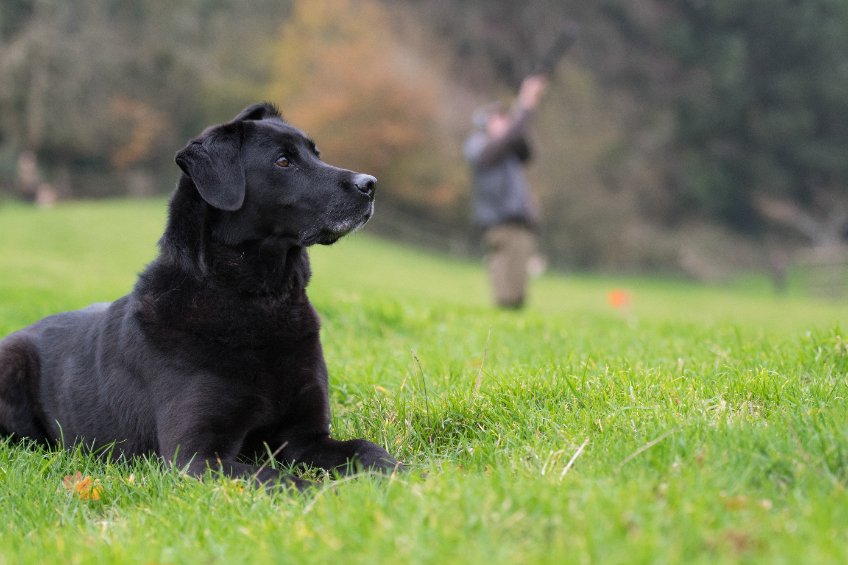
The game shooting industry should look at the tax implications for shoots against the backdrop of this year's unprecedented bird flu outbreak, experts say.
The opening of the grouse shooting season has focused the thoughts of game shooting enthusiasts and enterprises across the UK, with many looking ahead to the start of the coming partridge and pheasant seasons.
However, this year is looking very different to previous ones for shoots that rely on importing eggs or poults.
In addition to the rising cost of inputs such as labour, feed and fuel, game shoots across the UK have been impacted by avian influenza and the resultant ban on importing eggs and birds from Europe.
This has led to many commercial shoots and syndicates being unable to rear and release sufficient birds for the upcoming 2022 season.
It is reported that many shoot businesses have made the decision to take a break for 2022 - 2023, whilst others have closed down altogether.
Saffery Champness has looked at the tax impacts of these decisions, and if there is anything that should be considered in the short and longer terms.
Lucy de Greeff, director at the accountant says: “In cases where a commercial shoot has ceased to operate altogether, from an income or corporation tax perspective, business owners may wish to consider the most efficient way to utilise any losses in the final 12 months of trading.
"The availability of terminal loss relief may be beneficial in such an instance and should allow for relief to be given for those losses.
“From an Inheritance Tax (IHT) perspective, generally speaking, a commercial shoot is classified as a trade. What will the land and/or woodland previously used by the shoot be used for going forward?
"Is it being sold – in which case a taxpayer should think about the available capital gains tax (CGT) reliefs and exemptions available – or is it going to be used by a different revenue stream of the wider business?
"If the latter, considering the IHT profile of the future use of the land is recommended. How might the IHT profile shift if the land is to be used for regenerative agriculture and the woodland becomes a site for a glamping business, for example?"
VAT is another area which should be considered. The VAT status of shoots can be a complex area and, importantly, in the case of the cessation of a trade, VAT deregistration is compulsory if the shoot was the only business activity, Ms de Greeff says.
Applications for deregistration should be submitted within 30 days of trade ceasing. In practice, HMRC would not generally penalise the taxpayer where an application to deregister is submitted beyond 30 days, provided there were no errors in the VAT reporting.
Ms de Greeff explains: "Errors can occur in these circumstances, such as VAT continuing to be claimed when the shoot has ceased to trade with no expectation or plan for it to commence again.
"For those shoots which have made the decision to either significantly scale back their shoot for the upcoming season, or plan to ‘mothball’ operations for a year, the considerations are slightly different.
"From an income or corporation tax perspective and if losses are still in point, business owners may wish to utilise the relevant loss relief provisions to obtain relief for any losses incurred.
"Alternatively, if there is no other income against which the sideways or carry back loss relief provisions may be applied, then carrying forward those losses to be offset against future profits of the same trade is an alternative."
Another angle to consider is how shoot employees spend their time. On larger estates some may have capacity to assist with other areas estates – if this is the case then consideration should be given to the apportionment and tax deductibility of wage costs to the relevant enterprise.
"A common area may be the woodland department but in cases where workers are redeployed to assist with the management of commercial woodland then those costs would not be tax deductible – as the income arising from the woodland itself is not generally taxable," she says.
"The main point to take away is that there are several tax angles that should be considered in the context of changes to a commercial shoot."
